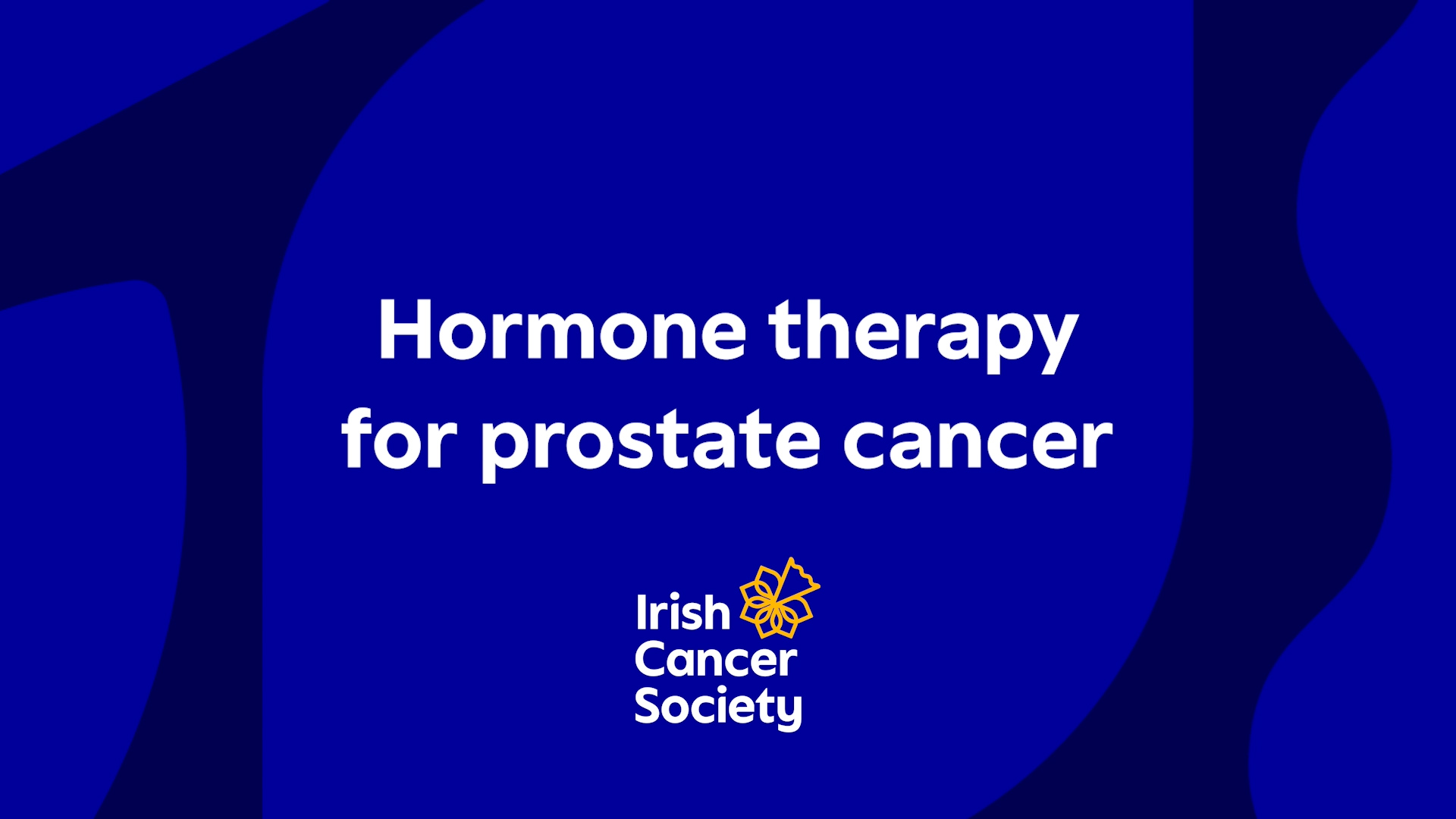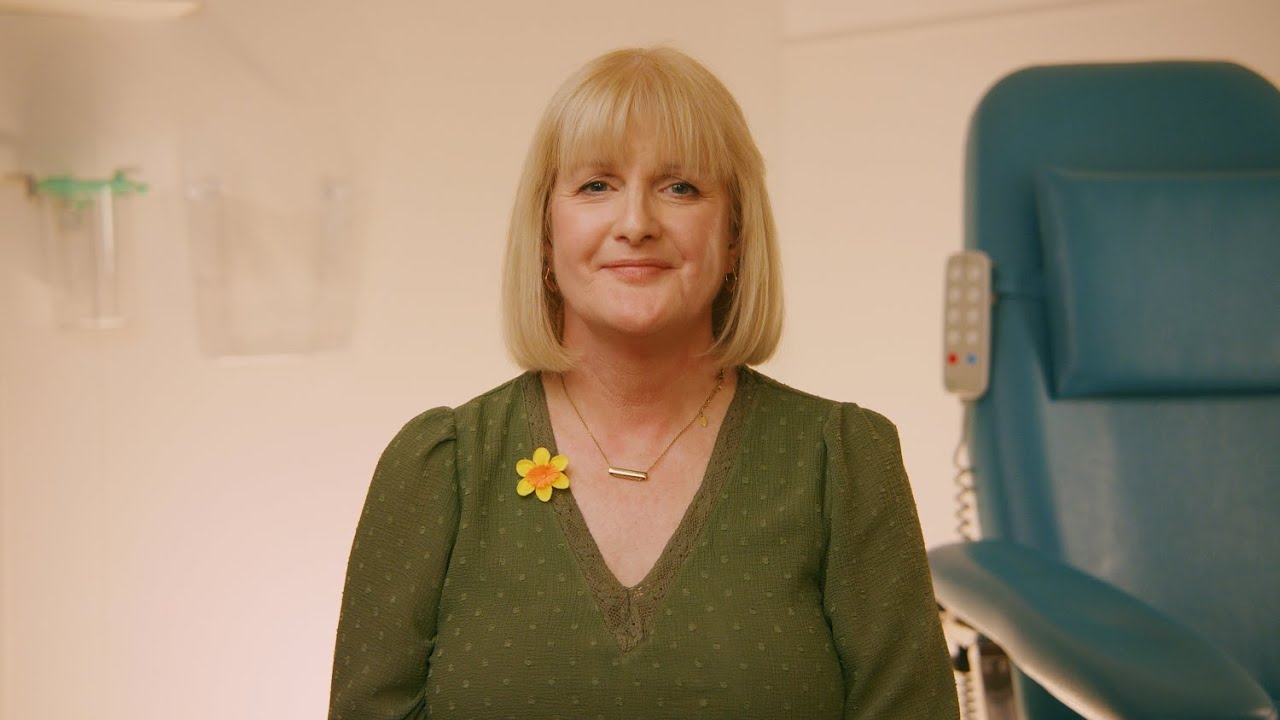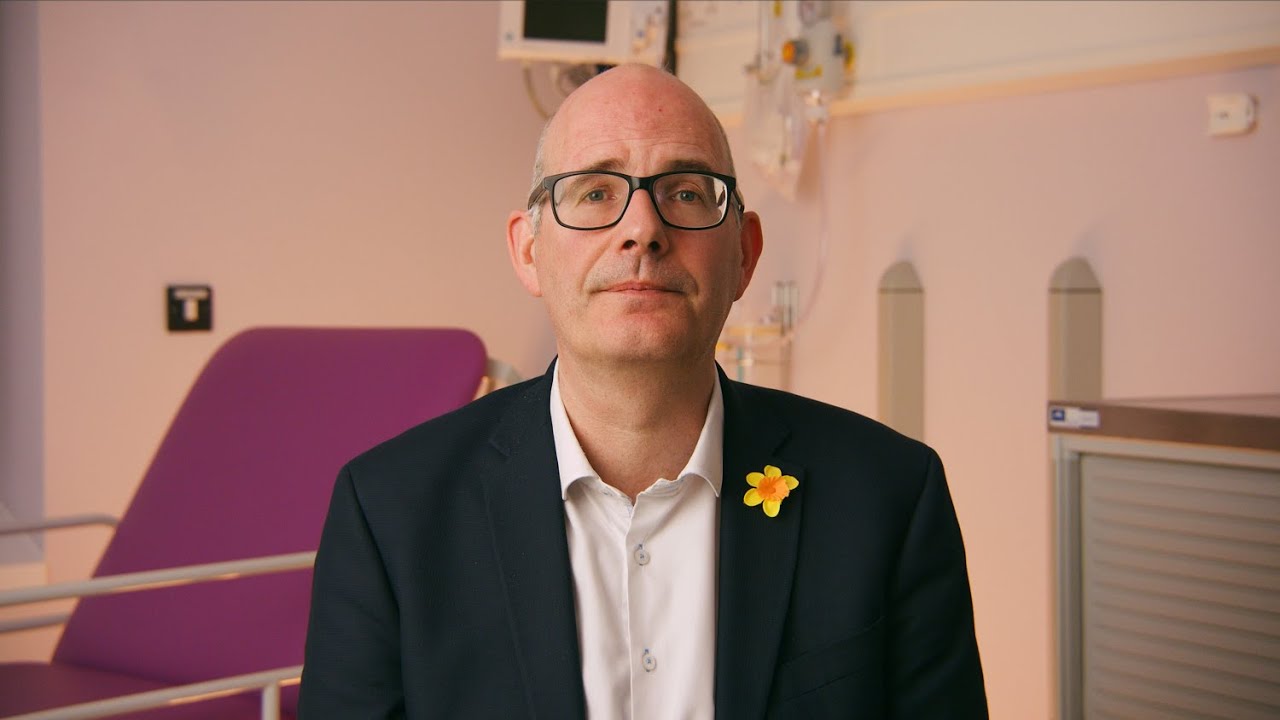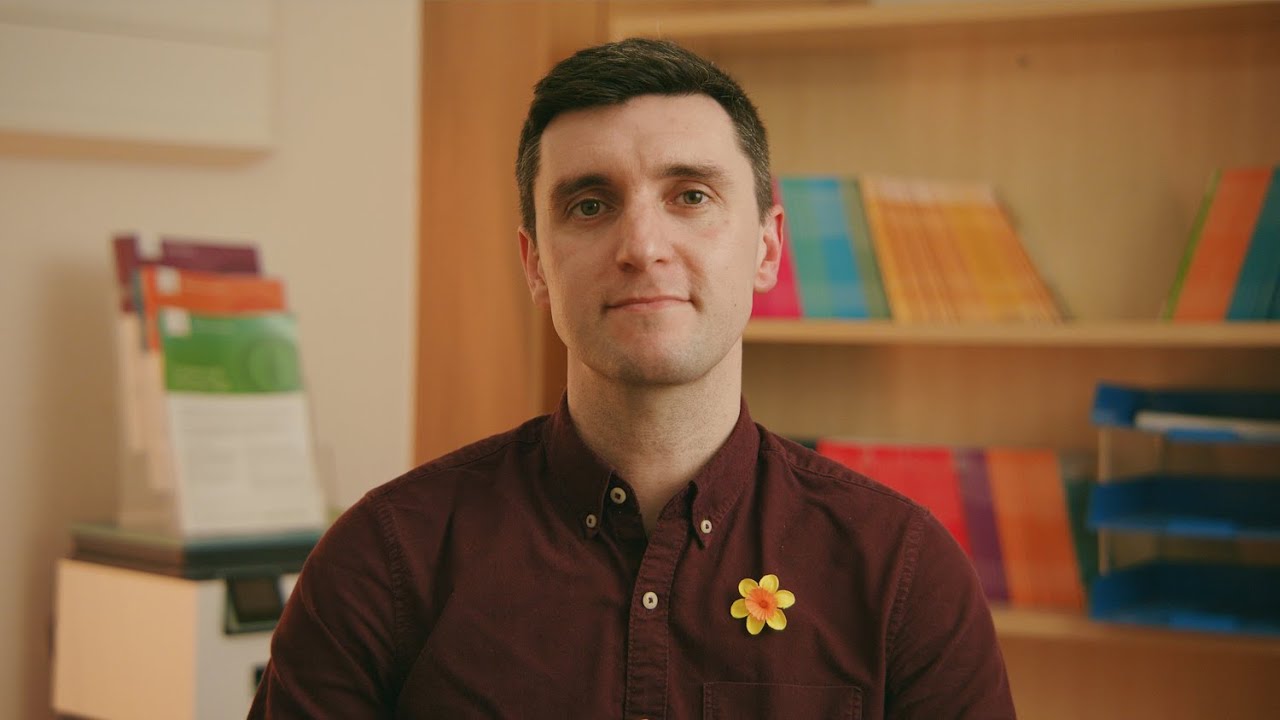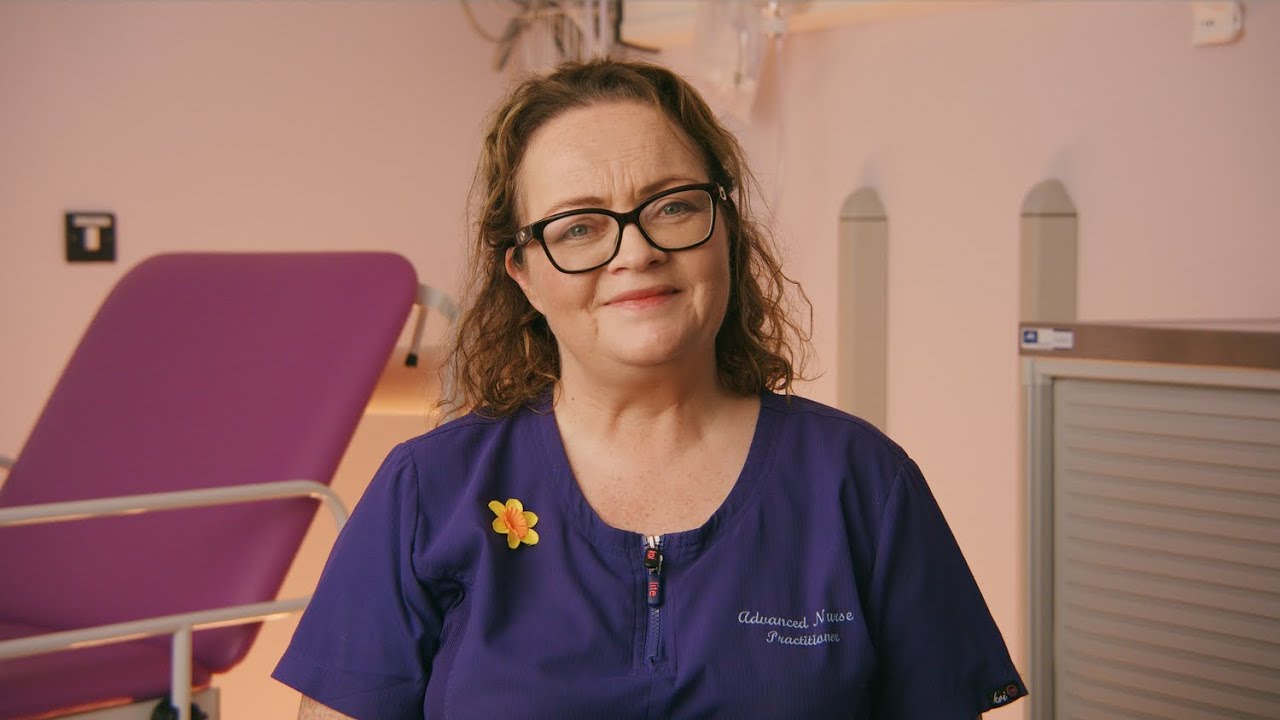Hormone therapy for prostate cancer 3: Types of treatment
This video explains the types of hormone treatment for prostate cancer and how they work.
0:07
Prostate cancer cells need testosterone to grow. By reducing the amount of testosterone in your body, the prostate cancer will slow down or shrink.
0:22
Hormone therapy works by: stopping your body from making testosterone or stopping testosterone from reaching the cancer cells.
0:33
Hormone therapy is sometimes referred to as androgen deprivation therapy, also known as ADT. Androgens are hormones and testosterone is the main androgen. This may also be called anti-androgen therapy.
0:48
Hormone therapy is an option for many people with prostate cancer, however, your doctor will discuss with you in more detail why hormone therapies are suitable for you, taking into consideration the type of prostate cancer you have and if it has spread outside the prostate.
1:06
Hormone therapy is used in different ways, depending on the stage and grade of your cancer. In general, patients undergoing prostatectomy, removal of the prostate, don't undergo hormone treatment.
1:19
If your cancer is confined or contained in the prostate and has not spread, it is called localised or early prostate cancer. You may be treated with hormone therapy in combination with radiotherapy.
1:32
When your cancer has spread to the area just outside the prostate, but not outside the pelvis, you usually will have hormone therapy and radiotherapy together. This helps to make the radiotherapy work better at controlling the cancer.
1:47
If the cancer has spread to another part of the body, it is known as metastatic prostate cancer. Hormone therapy shrinks the cancer and slows down its growth, wherever it has spread to in the body. It can't cure the cancer, but it can keep it under control, often for years. It can also help manage symptoms such as bone pain.
2:10
Hormone therapy can also be used as a treatment option for prostate cancer that has come back, or recurred, after treatment.
2:23
There are 2 main ways to receive hormone therapy for prostate cancer. These are: injections, tablets. You may be given both injections and tablets. Hormone therapy injections work by injecting a small amount of liquid under the skin or into muscle. They may be given in your arm, abdomen, thigh, or bottom. You will receive your injections at your GP surgery.
2:51
How often you have them will vary, depending on your prescription. Some patients have injections once a month, while others have an injection every 3 or 6 months. This is because some of the injections are slow release and give you the same amount of medication slowly, over a longer period of time.
3:11
When you start your therapy, you may be prescribed tablets for a week or more before your first injection. This is because with most, but not all, hormone therapies, your body's first response to the injection is to try and make more testosterone. This could make your cancer grow more quickly and is known as a tumour flare. The tablets block testosterone and stop this from happening. Your doctor will prescribe these tablets for you before starting your injections.
3:41
Hormone therapy tablets can be given: on their own, before having injections, together with injections. Your doctor may also decide to include an extra hormone therapy tablet to your treatment plan. Again, this is not unusual and this decision is tailored to your prostate cancer and your treatment plan.
4:04
You may have to take a steroid tablet with some treatments. Your doctor will advise you on this. Your doctor or specialist nurse will give you specific information on your treatment schedule before you start. This will help you to understand more about your treatment and what side-effects you may expect.
4:22
They will discuss the importance of self-managing your medication, as they will not always be there to supervise you. You will collect your hormone therapy medication from your local pharmacy, with your prescription. You will then take your hormone therapy as prescribed at home.
4:39
If you're prescribed hormone injections, then you will receive your hormone injections at your GP practice.
4:46
You have a responsibility to yourself and the medical team, and must report any issues, concerns and any side-effects, so that the team can manage them as quickly as possible, for your safety and wellbeing.
5:00
Here are some useful questions that you can ask your doctor or specialist nurse as you try to fully understand your treatment plan: What type of hormone therapy are you recommending for me and why? How often will I have my injections? How will my treatment be monitored? What are the possible side-effects and how long will they last? What will happen if I decide to stop my treatment? Are there any clinical trials that I could take part in?
5:35
It's a good idea to write your questions down before your appointments and it may also be useful for you to bring along a family member or friend to your appointments.
Hormone therapy for prostate cancer playlist
